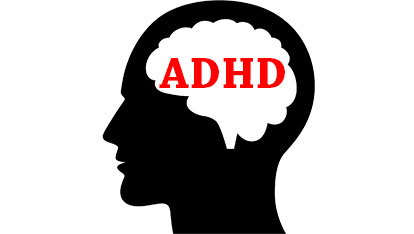
The London Guardian reports that new research raises questions about the long-term effectiveness of drugs used to treat attention deficit hyperactivity disorder (ADHD). A team of U.S. scientists conducting the Multimodal Treatment Study of Children with ADHD (MTA) has found that while drugs such as Ritalin and Concerta can work well in the short term, over a three-year period they brought about no demonstrable improvement in children’s behaviour. They also found the drugs could stunt growth.The MTA’s warning about ADHD drugs constitutes something of a revised opinion. The scientists, who have been monitoring the treatment of 600 children across the U.S. since the 1990s, concluded in 1999 that, after one year, medication worked better than behavioural therapy for ADHD, a finding that has influenced medical practice, for example, a tripling of prescription rates in the U.K.
The report’s co-author, Professor William Pelham, of the University of Buffalo, said: “I think we exaggerated the beneficial impact of medication in the first study. We had thought that children medicated longer would have better outcomes. That didn’t happen to be the case. The children had a substantial decrease in their rate of growth, so they weren’t growing as much as other kids in terms of both their height and their weight. And the second was that there were no beneficial effects - none. In the short run [medication] will help the child behave better, in the long run it won’t. And that information should be made very clear to parents.”
Dr Tim Kendall, of the Royal College of Psychiatrists, who is helping prepare new NHS guidelines for the treatment of ADHD in the U.K., said: “A generous understanding would be to say that doctors have reached the point where they don’t know what else to offer. I hope we will be able to make recommendations that will give people a comprehensive approach to treatment and that will advise about what teachers might be able to do within the classroom when they’re trying to deal with kids who have difficult problems of this kind. I think the important thing is we have a comprehensive approach that doesn’t focus on just one type of treatment.”